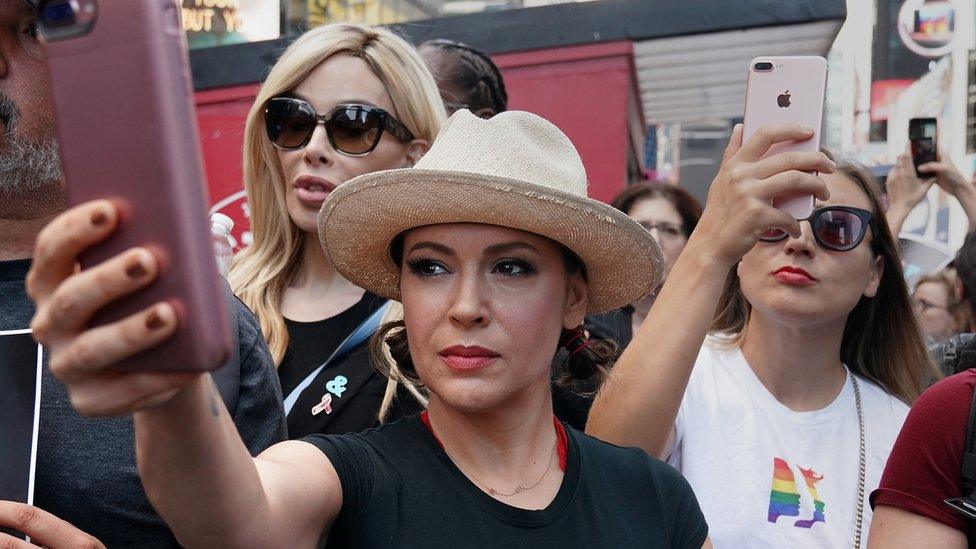Anita Hill to chair Hollywood harassment commission
- Published
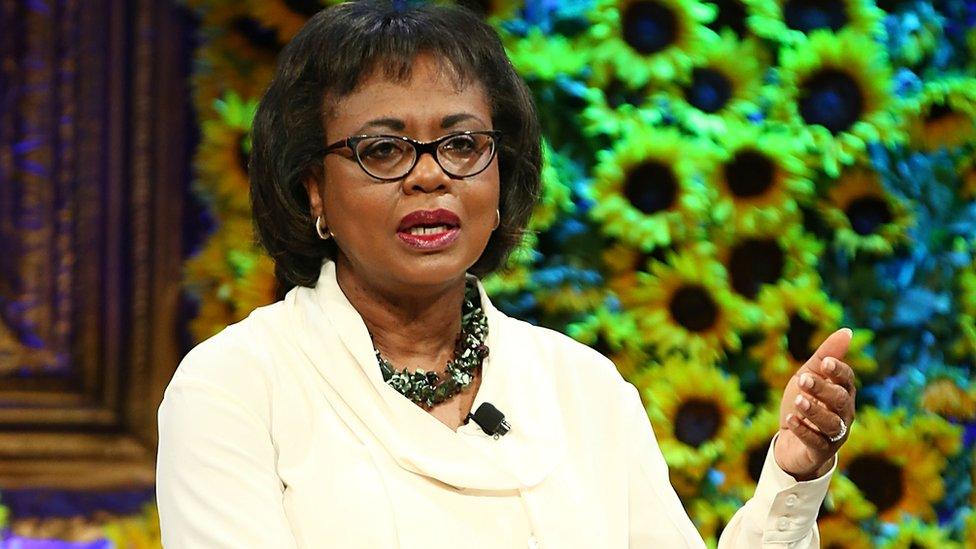
Ms Hill famously accused a supreme court nominee of sexual harassment in 1991
A special commission to combat sexual harassment in the entertainment and media industries will be chaired by lawyer and academic Anita Hill.
The first meeting of the Commission on Sexual Harassment and Advancing Equality in the Workplace was attended by a wide range of industry giants.
Spearheaded by female executives, including Star Wars producer Kathleen Kennedy, it will reconvene in 2018.
It comes after a string of allegations made against dozens in Hollywood.
The group was announced on Friday following a meeting convened by Ms Kennedy, president of Lucasfilm, Nike co-chair Maria Eitel, lawyer Nina Show and venture capitalist Freada Kapor Klein.
A wide range of industry leaders attended the first meeting, including the chairman of Disney, Warner Brothers, Sony and Universal.
The commission said it will meet in the new year to define its scope and priorities in the wake of weeks of allegations against prominent industry figures, including Hollywood producer Harvey Weinstein.
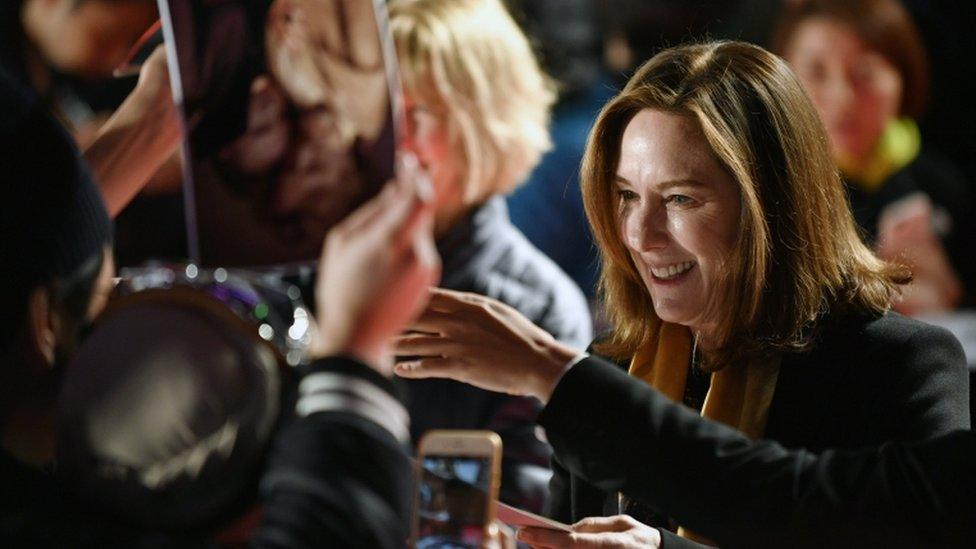
Lucasfilm president Kathleen Kennedy is one of several high-profile women spearheading the group
"The Commission will not seek just one solution, but a comprehensive strategy to address the complex and inter-related causes of the problems of parity and power," Ms Kennedy said.
'Unprecedented opportunity'
Anita Hill brought sexual harassment to national prominence in the US in 1991 when she publically testified that Supreme Court nominee Clarence Thomas had sexually harassed her when he was her boss at the Department for Education and at the Equal Employment Opportunity Commission.
After her private allegations were leaked to the press, she testified publicly at a televised investigative committee where her allegations came under attack. He was eventually confirmed in the position, despite her testimony.
Now a professor at Brandeis University in Boston, she said it was "time to end the culture of silence".

Ms Hill brought workplace sexual harassment into the national debate 26 years ago
"I've been at this work for 26 years. This moment presents us with an unprecedented opportunity to make real change," Ms Hill said.
"I'm proud to be leading this newly-formed Commission on a long overdue journey to adopt best practices and to create institutional change that fosters a culture of respect and human dignity throughout the industry," she said.
"We will be focusing on issues ranging from power disparity, equity and fairness, safety, sexual harassment guidelines, education and training, reporting and enforcement, ongoing research, and data collection," she added.
- Published18 January 2018
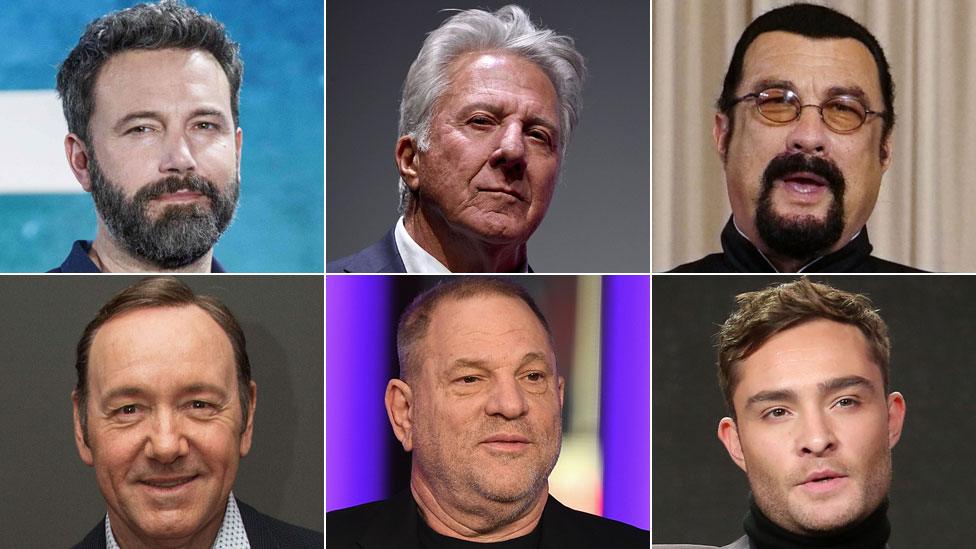
- Published13 December 2017
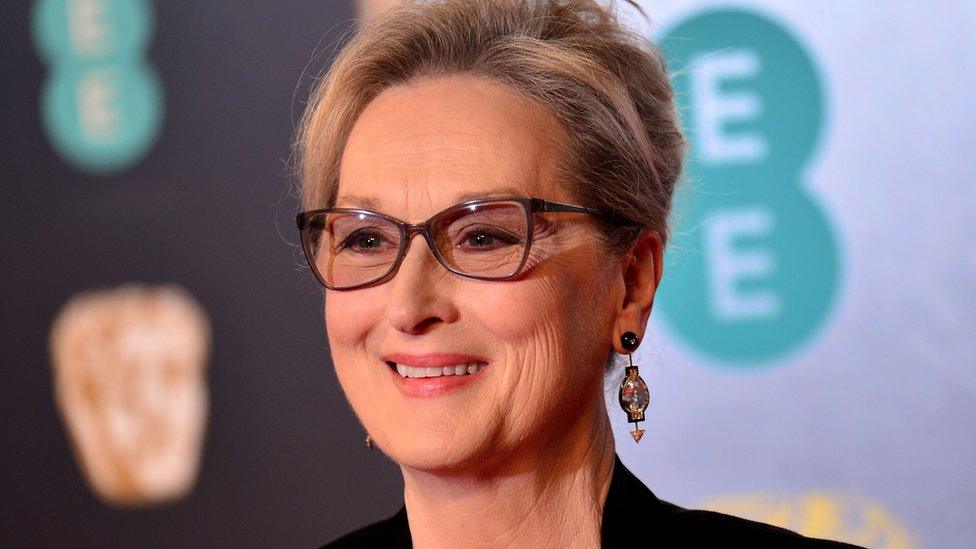
- Published24 February 2023
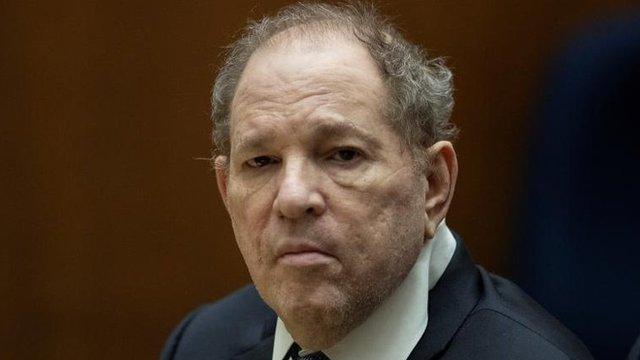
- Published6 December 2017
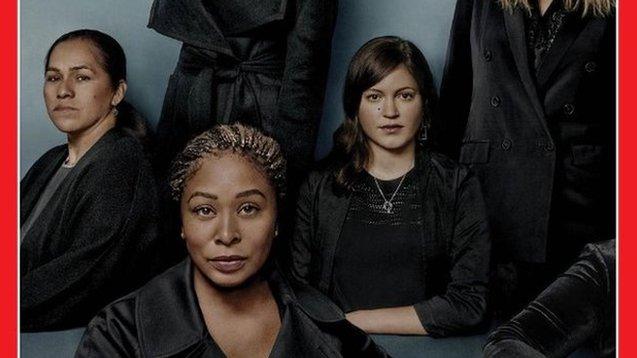
- Published16 October 2017
